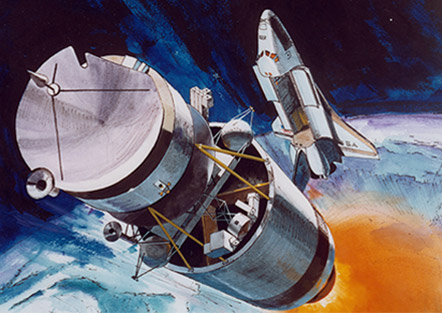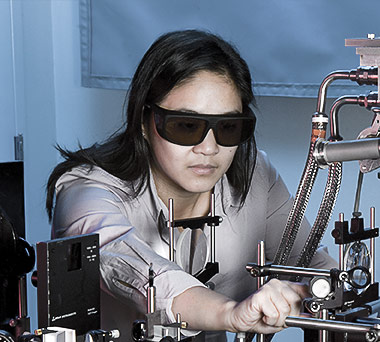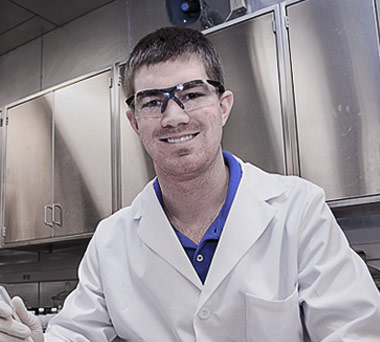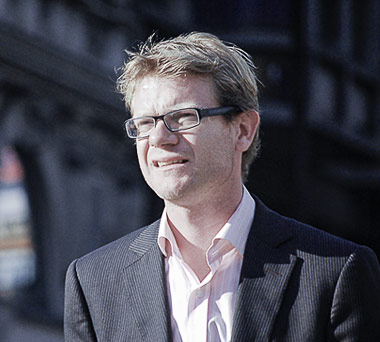International Year
of Astronomy

It is a global celebration of astronomy and its contributions to society and culture, stimulating worldwide interest not only in astronomy, but in science in general, with a particular slant towards young people. An activity for the citizens of Planet Earth. It conveys the excitement of personal discovery, the pleasure of sharing fundamental knowledge about the Universe and our place in it, and the value of scientific culture.
Aboriginal Program
The Aboriginal projects envisioned recognize the unique heritage of traditional ways of knowing about the universe, and address the risk that these ways of knowing, handed down orally for millennia, are in danger of disappearing along with the Aboriginal languages of those who hold the knowledge.
IYA provides a unique opportunity to discover and celebrate that knowledge alongside that of modern science. Participants will share their mutual fascination and delight in the night skies while learning about stories from traditional knowledges and modern astronomy. Such gatherings would result in much exchange of culture, values, education and connectedness through the sharing of Sky Stories. They would also promote awareness of the importance of Dark Sky Preserves for each young person to bring back to their communities, and help create understanding of pathways to careers in science and technology for Aboriginal youth.

- Uniting Elders and Youth Through Aboriginal Night Sky Stories : This project entails working collaboratively with Aboriginal communities and Knowledge Holders to gather and share Night Sky Stories from coast to coast to coast.
- Respecting the Environment : This project entails the promotion of dark sky preserves within and by Aboriginal communities.
- Creating Science Pathways : This project entails visual mapping (similar to the making of “constellations”) of educational pathways for Aboriginal children and youth plus those of any other age who wish to pursue dreams and career aspirations to become scientists.
Applications for a Galileo Lecturer will be ranked, in part, on the degree to which the planned event can be woven into a broader cultural setting. To ensure that the lecture itself can reach an even greater audience, a host must commit to audio recording the event for later distribution in a podcast.
Cornerstone Projects: The International Astronomical Union is planning a series of Cornerstone Projects.

100 Hours Astronomy

Cosmic Diary

The Galileoscope

International Year of Astronomy
International Year of Astronomy has been a resounding success in our country and around the world but here in Victoria, British Columbia, the RASC Victoria Centre proudly completed one amazing accomplishment that I don’t think was duplicated anywhere else in Canada in 2009.

Mammoth Marathon
Our Mammoth Marathon, named for the famous mascot in the Royal British Columbia Museum, began on the sidewalk outside of the Museum right in the heart of downtown Victoria.

Wee hours
As the wee hours of the night came on two ardent volunteers bundled up and took command of the tented area.
Giving life to a telescope
So I'm finally back at Surrey after spending a wonderful 8 months working with radio telescopes. After what I may call an "educational break" it is nice to be back in the classroom. But there is another reason why I am so glad to be back at school again.
- My favorite place in all of campus is on top of the Earth and Ocean sciences building, where the UBC astronomy club's 12 inch (diameter) telescope is housed. And this isn't any ordinary 12" scope that you might find on telescope shops these days. How the astronomy club came to own such a unique instrument is a mystery to me. At least I am sure that it was way before my time.

